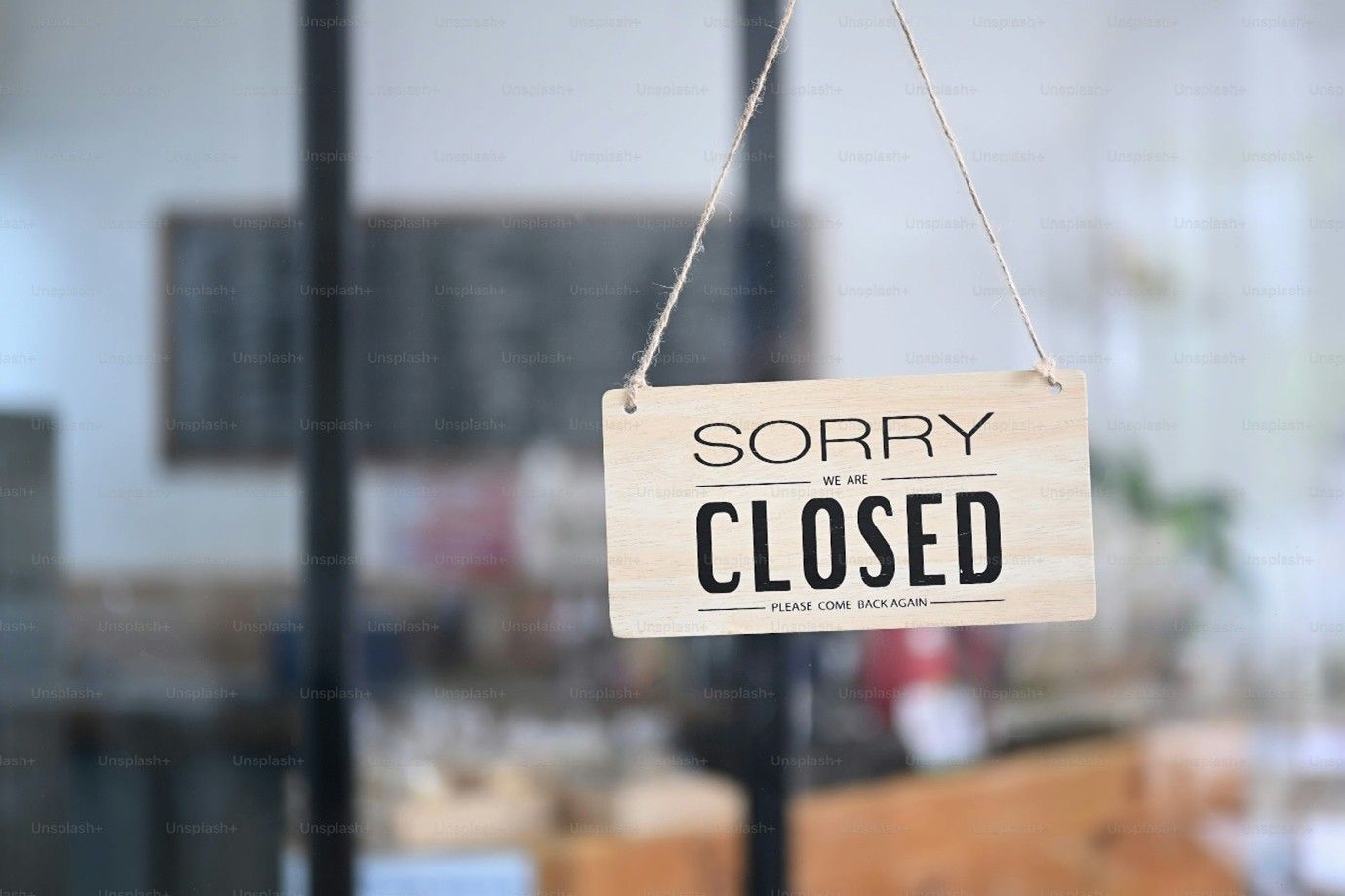Time for a blank sheet
In our profession, the more progressive accounting firms have always looked at how they do things today and asked themselves “How do we improve on this for tomorrow?” It’s an approach that has stood them in good stead in delivering great profits, a positive team culture and excellent client service. It differentiates the great from the good and has delivered success to this point.
I say to this point because I’m wondering if it’s time for the question to change.
I’ve said on many occasions that we have fundamentally been a production based profession. Our meat and drink has been accounts production, tax return production, payroll production and bookkeeping production. The end game has been a product. Improvement therefore has come from better production – more efficient, less errors, quicker turnaround.
Today, all the talk is about us moving towards an advisory based model. I don’t buy into the ‘compliance is dead’ movement but certainly we need to change perceptions to raise the profile and commercial value of our advice, expertise and support if we are to be truly competitive in the Digital Age.
This change is happening, too slowly at present but gathering pace.
One reason, I believe, for us still being off the pace as a profession is because that question, “How do we improve on what we do today?” isn’t radical enough. What we are doing today isn’t as powerful as it once was. Strategically, what we should be planning for is not improving on yesterday’s production model but on being competitive and effective in a whole new set of circumstances and needs for tomorrow. The change in markets, technology, client needs, competition and skills is so big that firms need to think in terms of radical shifts, not daily evolution.
I believe that the question is no longer “How do we improve on this for tomorrow?” but “If we were to start again tomorrow, how would we do it?”.
Our thinking on progression cannot be limited to our starting point, i.e. where we find ourselves today. Where we are today is an outcome of the current production model. Much better to set progressive, even visionary strategies and then plan how to get there rather than immediately limit yourself by yesterday’s thinking.
Try it. Grab a blank pad, a day away from your desk, a good supply of coffee and ask yourself:
“If we were to start again tomorrow, how would we do it?”.



